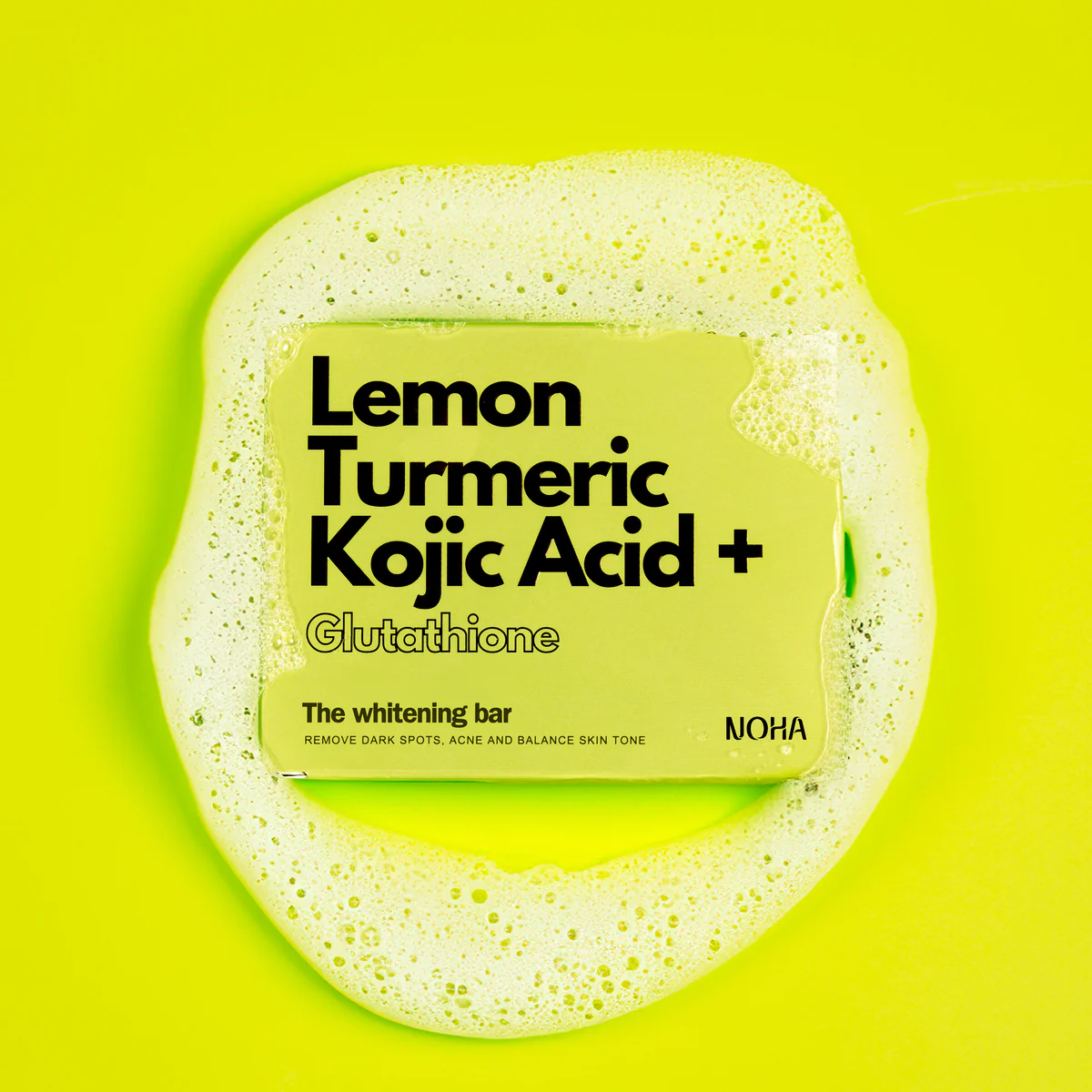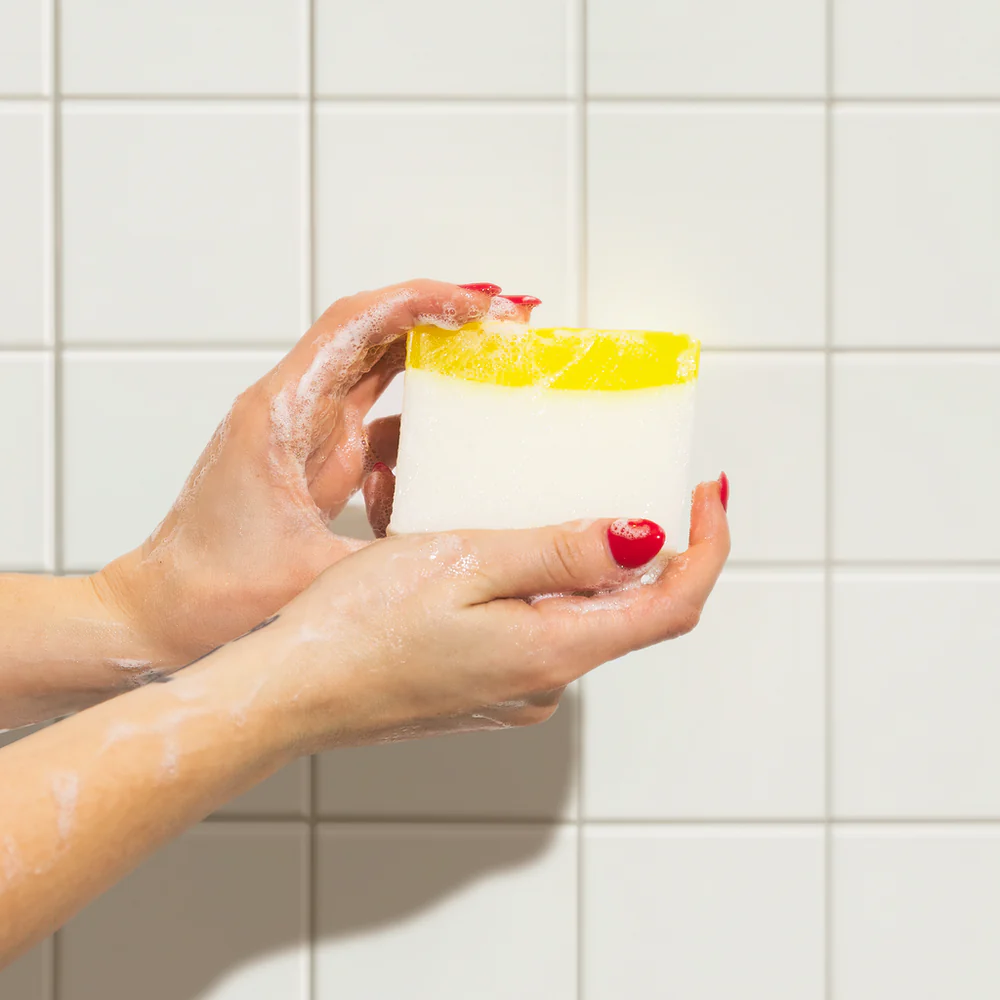Are you looking to achieve a brighter, more radiant complexion? If so, you may have come across the term "whitening soap." But what exactly is whitening soap and how does it work? In this blog post, we will delve into the science behind whitening soap and explore its potential benefits for your skin.
What is Whitening Soap?
Whitening soap is a type of soap that is formulated to lighten the skin tone and reduce the appearance of dark spots, hyperpigmentation, and other skin discolorations. It typically contains ingredients that inhibit the production of melanin, the pigment responsible for the color of our skin.
How Does Whitening Soap Work?
Whitening soap works by targeting the melanocytes, the cells in our skin that produce melanin. It contains active ingredients such as kojic acid, arbutin, glutathione, and vitamin C, which have been scientifically proven to inhibit the production of melanin.
Kojic acid, for example, is a natural compound derived from certain fungi. It works by inhibiting the activity of tyrosinase, an enzyme involved in the production of melanin. By reducing the production of melanin, kojic acid helps to lighten the skin tone and fade dark spots.
Arbutin, on the other hand, is a plant-derived compound that also inhibits tyrosinase activity. It has been shown to be effective in reducing the appearance of hyperpigmentation and promoting a more even skin tone.
Glutathione, a powerful antioxidant, is another key ingredient found in whitening soaps. It helps to neutralize free radicals and prevent oxidative damage to the skin. Additionally, glutathione has been found to have skin-lightening properties.
Vitamin C, known for its brightening and antioxidant properties, is often added to whitening soaps to enhance their effectiveness. It helps to reduce the production of melanin and promote a more youthful and radiant complexion.
Are There Any Risks or Side Effects?
While whitening soaps can be effective in lightening the skin tone and reducing the appearance of dark spots, it is important to note that they may not be suitable for everyone. Some individuals may experience skin irritation, dryness, or increased sensitivity to the sun when using whitening soaps.
It is recommended to perform a patch test before using a whitening soap on your face or body. Apply a small amount of the soap to a small area of your skin and wait for 24 hours to see if any adverse reactions occur.
Furthermore, it is crucial to use sunscreen and limit sun exposure when using whitening soaps, as they can increase the skin's sensitivity to UV radiation.
Conclusion
Whitening soap can be a valuable addition to your skincare routine if you are looking to achieve a brighter and more even complexion. By inhibiting the production of melanin, these soaps can help to lighten the skin tone and reduce the appearance of dark spots and hyperpigmentation.
However, it is important to use whitening soaps with caution and follow the instructions provided. If you have any concerns or pre-existing skin conditions, it is advisable to consult with a dermatologist before incorporating whitening soaps into your skincare regimen.
Remember, achieving healthy and radiant skin goes beyond just using whitening soaps. It is essential to maintain a consistent skincare routine, eat a balanced diet, stay hydrated, and protect your skin from sun damage to achieve the best results.





Leave a comment
This site is protected by hCaptcha and the hCaptcha Privacy Policy and Terms of Service apply.